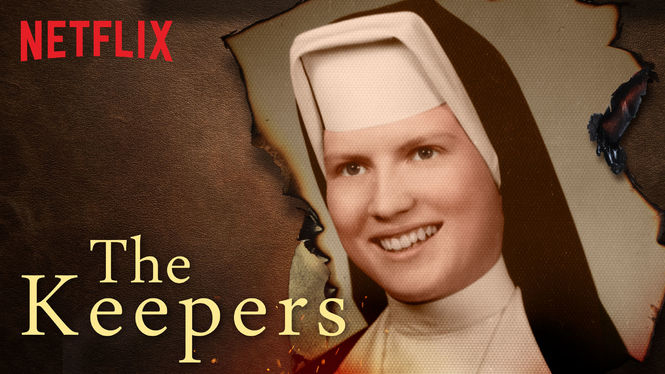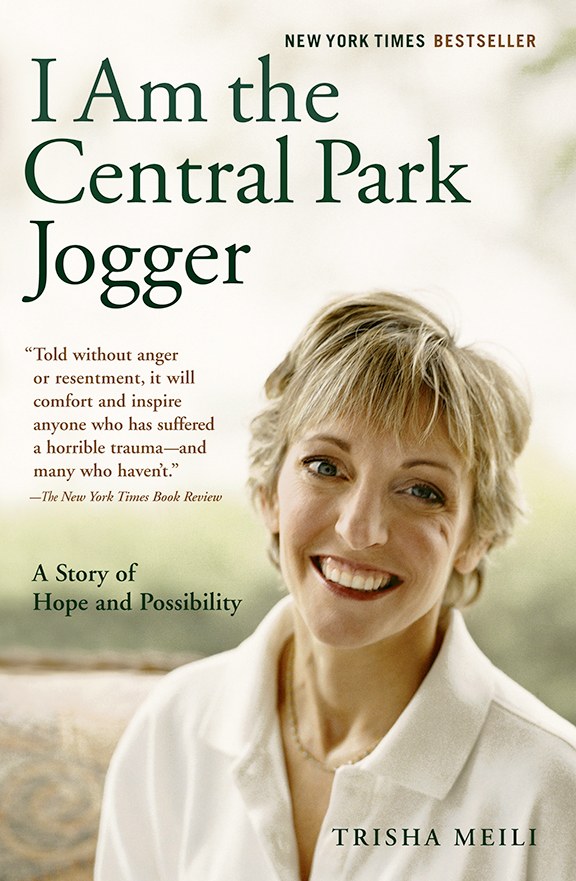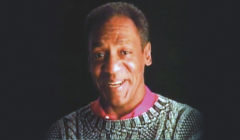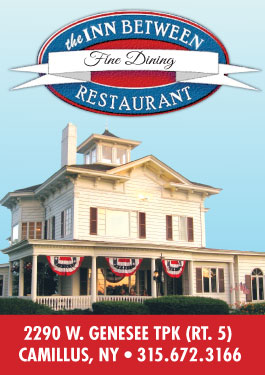When Memory Returns
Outside the courtroom where Bill Cosby was neither convicted nor acquitted of drugging a woman and then using her sexually, Cosby’s supporters greeted him as “Dr. Huxtable,” the fictional physician Cosby portrayed. Multiple women have accused both Cosby the comedian and Cosby the real-world PhD in Education of sedating them with medications ranging from anti-histamines to Quaaludes. Cosby himself has admitted drugging women while still maintaining that any post-sedation sexual contact was consensual. The women, having been drugged, might not remember things clearly, but clearly remember things differently.

The Netflix series “The Keepers” asks, “who killed Sister Cathy?” Cathy Cesnik, a Roman Catholic nun, went missing in Baltimore in 1969.
The Netflix series “The Keepers” asks, “who killed Sister Cathy?”
Cathy Cesnik, a Roman Catholic nun, went missing in Baltimore in 1969. “The Keepers” suggests that Sister Cathy, whose body was found at a dump, suspected that Reverend Joseph Maskell, a counselor at Bishop Keough HS where Sister Cathy taught, was sexually using and abusing students there. It was decades before some students reported sickening encounters with Father Maskell. One woman said Maskell took her to the dump to see Sister Cathy’s body, to show her what happens to those who say too much. “The Keepers” includes interviews with police officials and psychiatrists concerning evidentiary and legal issues involving recovered memory. One psychiatrist states recovered memory doesn’t happen.
In her memoir, “I Am the Central Park Jogger,” Trisha Meili, the woman beaten and raped in a 1989 “wilding” attack in Central Park, recalls being called “bitch,” “whore,” and “slut,” by supporters of the young men first accused of attacking her. Years later, Matias Reyes, whose DNA matched DNA found on Trisha’s nearly lifeless body, stated that he alone attacked Trisha.
 Trisha Meili remembers nothing of the assault which severely damaged her brain. She continues to recover from related cognitive and mobility damage. Trisha’s book quotes her trauma physician’s description of how physical injury and oxygen deprivation obliterate memory formation. This physician believes Trisha will never remember the attack. Trisha believes this physician. Nonetheless, justice required narrative.
Trisha Meili remembers nothing of the assault which severely damaged her brain. She continues to recover from related cognitive and mobility damage. Trisha’s book quotes her trauma physician’s description of how physical injury and oxygen deprivation obliterate memory formation. This physician believes Trisha will never remember the attack. Trisha believes this physician. Nonetheless, justice required narrative.
In her memoir, “I Am the Central Park Jogger,” Trisha Meili the woman beaten and raped in a 1989 “wilding” attack in Central Park, recalls being called awful names by supporters of the young men first accused of attacking her.
The defense attorney for the young men later cleared by Matias Reyes’ confession questioned Trisha Meili as to why, to seek justice, Trisha had not “sought a memory reconstruction.” Where “a memory reconstruction” might be used as evidence, a defense attorney might argue that memory reconstructions include implanted or false details.
I experience ongoing recovered memory. Recovering memory can be as simple as being triggered by an old photo to recall a childhood picnic you’d long forgotten or as complex as suddenly feeling emotions that gradually lead to conscious awareness of an experience, encounter or illness you had remembered differently or not at all. We form memories with the experience, brainpower and the language we have at the time. Many factors affect memory formation and memory retrieval. Restored lost, suppressed memory reflects healing and wholeness, and that is good news.
I’ve read extensively about brain function and memory. Recovered memory is not memory reconstruction. Memory reconstruction based on suggestion or outside input might serve to complicate or delay memory recovery where cognitive improvement is possible.
Our culture values quick victory over adversity, sympathizes with some injuries but not others, and often encourages victims to just move on. Victims who don’t know they’ve been harmed cannot move on from where they have not yet arrived. Discovering you have lost touch with your own history feels like loss of self.
In Trisha Meili’s case, regardless of whether Trisha ever remembers the initial experience of the attack, she knows she was attacked. Her circumstances are acknowledged by doctors, police and the courts. If one day, Trisha Meili senses the ghost of a blow to the head followed by a gut feeling of terror, she won’t have to worry that she is losing her mind. Many trauma victims’ whose memories start to surface find themselves characterized as delusional or liars.
 While entertainment and sports often involve physical manifestations that can be aphrodisiac to some members of the audience at large, educational, therapeutic and spiritual occupations imply the sort of helpfulness and moral excellence that encourages trust. Drugs rob people of consciousness quickly but institutionally rooted and neurochemically reinforced respect for authority figures enable devious and manipulative authority figures and helpers to both shape and steal consciousness gradually, through lies, threats and physical force. Neurons that fire together wire together and memories form in this context.
While entertainment and sports often involve physical manifestations that can be aphrodisiac to some members of the audience at large, educational, therapeutic and spiritual occupations imply the sort of helpfulness and moral excellence that encourages trust. Drugs rob people of consciousness quickly but institutionally rooted and neurochemically reinforced respect for authority figures enable devious and manipulative authority figures and helpers to both shape and steal consciousness gradually, through lies, threats and physical force. Neurons that fire together wire together and memories form in this context.
Multiple women have accused both Cosby the comedian and Cosby the real-world PhD in Education of sedating them with medications ranging from anti-histamines to Quaaludes.
The stories of Bill Cosby’s victims, Sister Cathy, the girls Sister Cathy sought to help and Trisha Meili certainly differ in fact, but share some common elements of memory: damaged, manipulated, lost or restored. In fact, recorded history involves remembered and accepted fact. Not all facts feel like facts. And, not all recorded history is the complete story.










